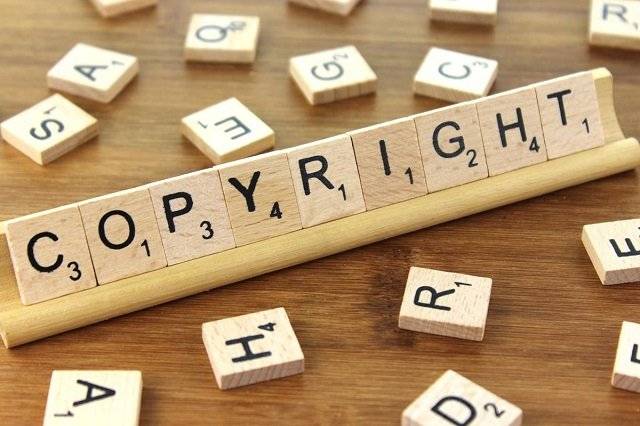Copyright infringers may be broadly classified into two categories, organized and unorganized. Organized infringers run legitimate businesses and are legally established and structured, but unorganized infringers do not run legitimate businesses, and are normally not established under the framework of the law. Some infringers borrow some elements from each, and may be referred to as hybrids. Depending on the nature of the copyright infringer, the goals set, strategy devised and enforcement mode adopted by the copyright owner varies.
Copyright infringement gives rise to both civil and criminal liability in India, and criminal action is sometimes used as a tool to strike licensing deals with organized infringers. Criminal action produces very few or no results for unorganized and hybrid infringers, but works very well against organized copyright infringers. Owing to their deterrent effect and success rate, criminal complaints are often used by some copyright owners to convert infringers into licensees. The strategy is effectively used for software licensing, ground licensing, and even movie licensing. The results are quick and lucrative when the complaint is against the head of the infringing business. The fear and/or inconvenience caused by the complaint prompt quick remedial action in the form of a license deal.
It was extensively reported last week that Lahari Music, a well known record label in Karnataka, filed a criminal complaint against Bhavish Agarwal, CEO of Ola and its Chief Traffic Officer, Ankit Bhati. Lahari alleged in the complaint that Ola and its personnel are infringing its copyrights in sound recordings and music by playing the songs in Ola cabs. After registering the complaint, the Jeevan Bima Nagar police raided Ola’s office and seized the servers and other technological implements allegedly used by Ola to download, distribute and play the songs. Lahari claims that it has sustained a loss of more than one lakh rupees due to Ola’s infringing actions.
From its complaint and subsequent raid, Lahari has achieved at least two goals. It has opened the door for discussions with Ola to strike a licensing deal. And most importantly, it has managed to take its copyright stand and message far and wide. Ola’s involvement in the complaint not only helped Lahari get great publicity, but also helped it send a message to other organized infringers that infringing its copyrights will not be taken lightly. Though all companies may not immediately run to Ola for licenses now, Lahari will definitely see an increase in the number of licenses and licensing fee in the next few months.
Do the police verify copyright ownership of Lahari before taking the complaint? Does Lahari have copyright registrations to prove ownership? Is holding licenses to exploit songs enough to lodge criminal complaints? Are songs owned by Lahari really being played in Ola cabs? If yes, does that amount to copyright infringement without any further enquiry of who is playing the songs, where are the songs being played from, etc.?
Several copyright questions must be answered before a determination of infringement is made, but answers to most questions will not matter now. The complaint has been filed, the raid has been accomplished, the action has made news, great publicity has been achieved, and fear has been instilled. Overall, Lahari has nothing to lose, and a lot to gain. Ola on the other hand may have some house keeping work on hand.
Reference: The Hindu



